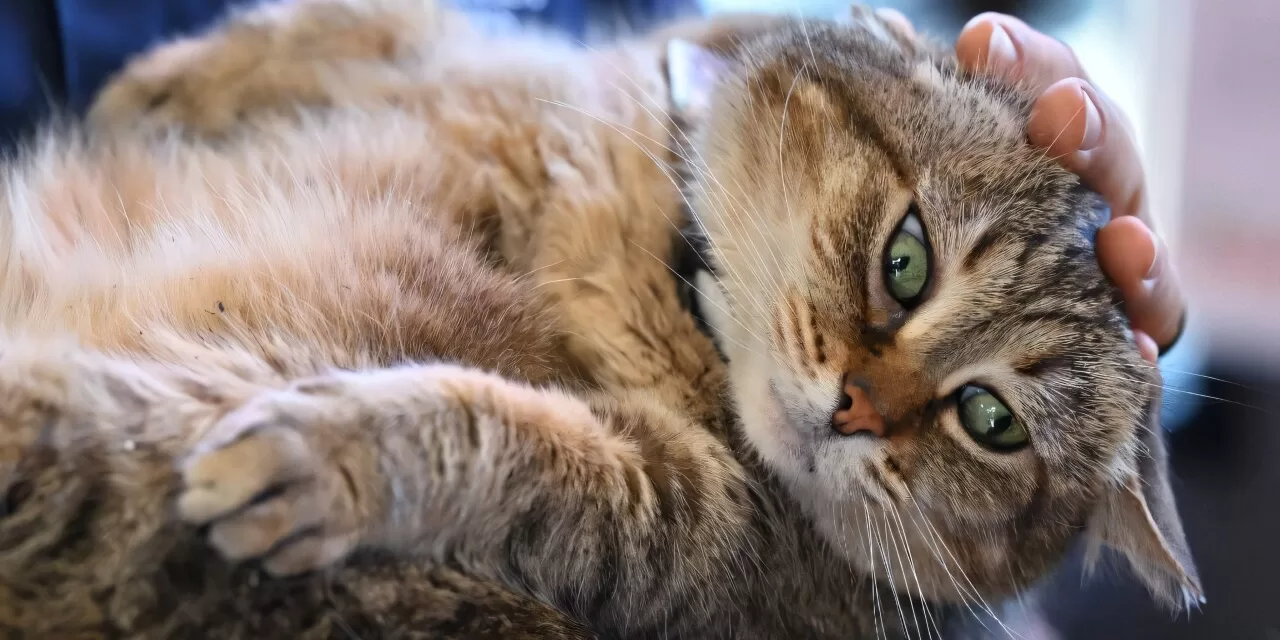A new study published by the US Centers for Disease Control and Prevention (CDC) suggests that humans may transmit bird flu to their domestic cats, with fatal consequences. The findings, detailed in the Morbidity and Mortality Weekly Report, come as concerns grow about the potential for the virus to mutate and cause a human pandemic.
Case Studies from Michigan
The CDC report focused on two cases from Michigan in May 2024, both involving pet owners who worked at or near dairy farms affected by bird flu. Tragically, both instances led to the deaths of the infected felines.
In the first case, a five-year-old indoor female cat showed a sudden loss of appetite, lethargy, and neurological deterioration. Despite emergency treatment at the Michigan State University (MSU) Veterinary Medical Center, the cat’s condition worsened, leading to euthanasia. Postmortem tests confirmed bird flu infection. Another cat in the same household displayed mild symptoms but was not tested further.
The second case involved a six-month-old male Maine Coon that developed anorexia, facial swelling, and mobility issues before dying within 24 hours. The cat’s owner frequently handled raw, unpasteurized milk from infected farms without protective gear. Investigators noted that the sick cat often rolled in the owner’s contaminated work clothes, while another cat in the household remained unaffected.
Potential Risks and Precautionary Measures
CDC researchers warn that farmworkers should take extra precautions to prevent virus transmission to household pets. They recommend removing contaminated clothing and footwear and washing off any animal byproducts before entering homes.
Since the US bird flu outbreak began in 2024, there have been 69 confirmed human cases, with one reported death. However, experts suggest the actual number could be much higher due to limited testing among farmworkers. Scientists also caution that if bird flu continues circulating widely among mammals, it may mix with seasonal flu, increasing the risk of a strain that transmits efficiently among humans.
Concerns Over Public Health Policy
Amid these concerns, newly appointed US Health Secretary Robert F. Kennedy Jr. has expressed skepticism about infectious disease research and vaccines, which are considered key tools in containing a potential bird flu pandemic. He has also promoted the consumption of raw milk, a known vector for the virus, raising concerns among health experts.
Conclusion
As bird flu cases among mammals increase, researchers emphasize the need for heightened biosecurity measures to limit transmission. Monitoring farmworkers, improving protective measures, and increasing testing could help mitigate the risk of further spread.
Disclaimer: This article is based on scientific research and expert analysis. For the latest updates and personal health recommendations, consult official sources such as the CDC and World Health Organization (WHO).











